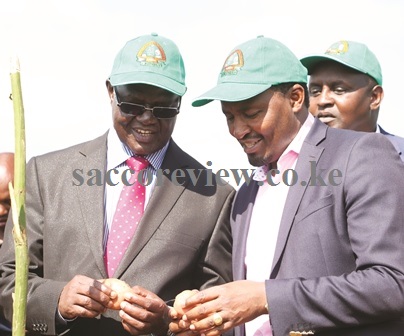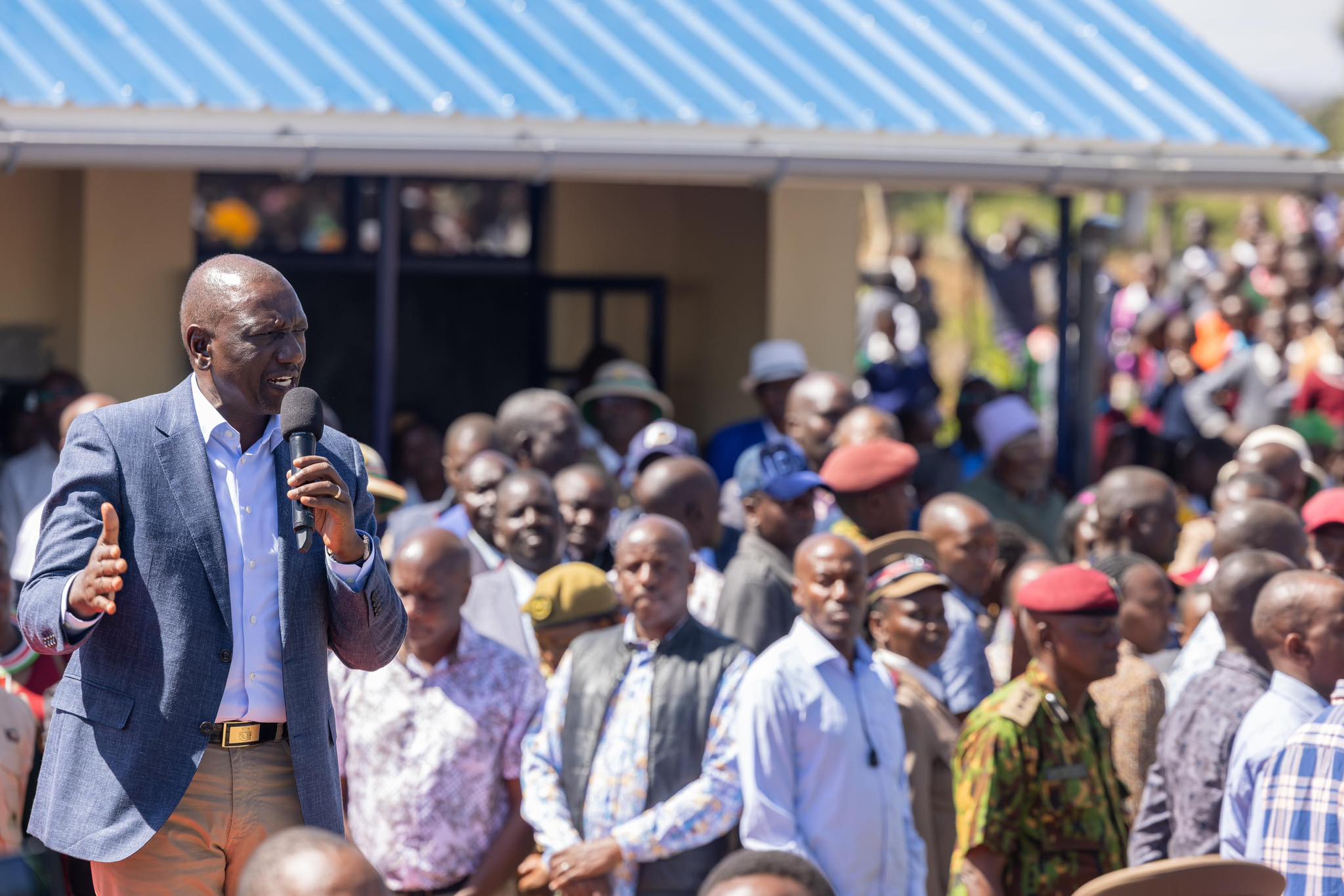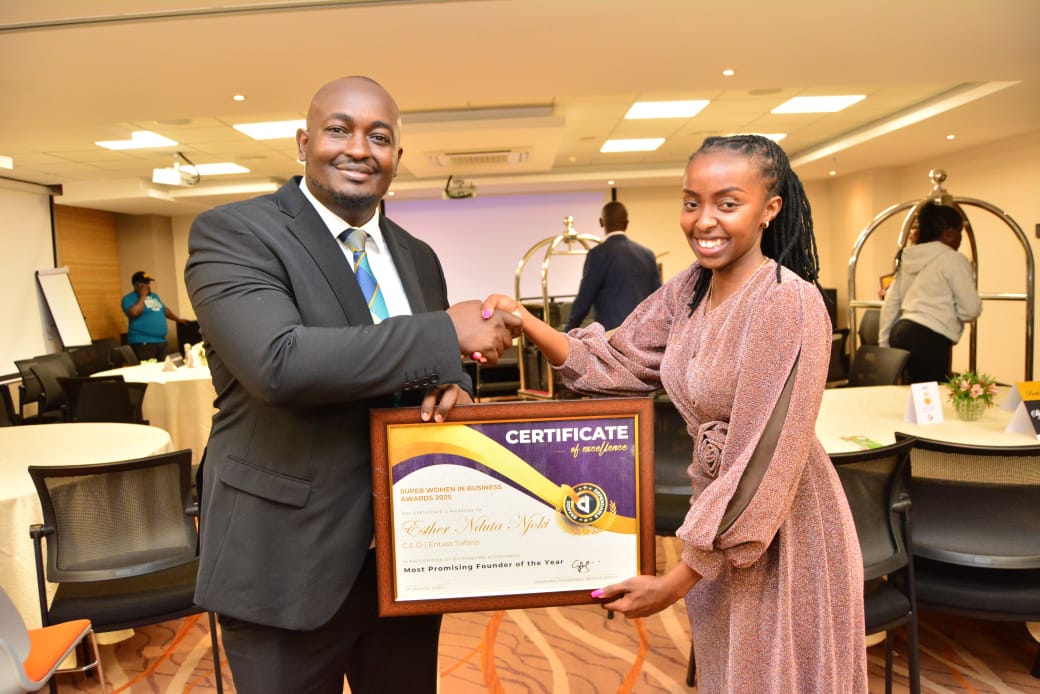Award-winning don urges government to increase agriculture budget
By James Wakahiu
Maize famers in the country have been losing millions of bags due to poor post-harvest practices, a Mount Kenya University researcher Donatus Njoroge has said.
Njoroge said that most farmers especially small scale farmers in the country have little or no knowledge of how to properly store and preserve their maize as well as other agricultural products after harvesting them leading to most grains being destroyed by pests.
He called for proper training of farmers to reduce the wastage.
“Currently the country requires about 50 million bags of maize while we only manage to produce 40 million bags. If we empower small scale farmers boost their production by training them on better farming practices including post harvest training then we can have enough maize to satisfy the country,” he said.
Agriculture Cabinet Secretary Mwangi Kiunjuri had recently hinted that the country will import maize to address the deficit in the country.
“Agriculture contributes 34 percent of the country’s GDP. It therefore requires more funds to improve farmers’ productivity and ensure we are a food secured country,” said Njoroge.
In April, the don won a global recognition for developing a novel bio-pesticide to manage post-harvest losses in grains.
He scooped the Global Innovation through Science and Technology (Gist Tech-1) 2019 Award, beating 23 other finalists during the Global Entrepreneurship Congress held in Bahrain.
He was also named the overall winner for biologically based pest control technologies during the first International conference on Agro-ecology Transforming Agriculture and Food systems in Africa held at Safari Park Hotel in Nairobi.
The conference was organized by World Food Preservation Center, IFOAM Organics International, Biovision Africa Trust and other partners.
Njoroge was competing against seventeen other finalists drawn from different countries including Kenya, Tanzania, Zambia, Cameroon, Benin, India, Italy, Japan and Turkey,
The theme of the conference was “Reducing synthetic fertilizers and pesticides by scaling up agro ecology and promoting ecological organic trade”.



